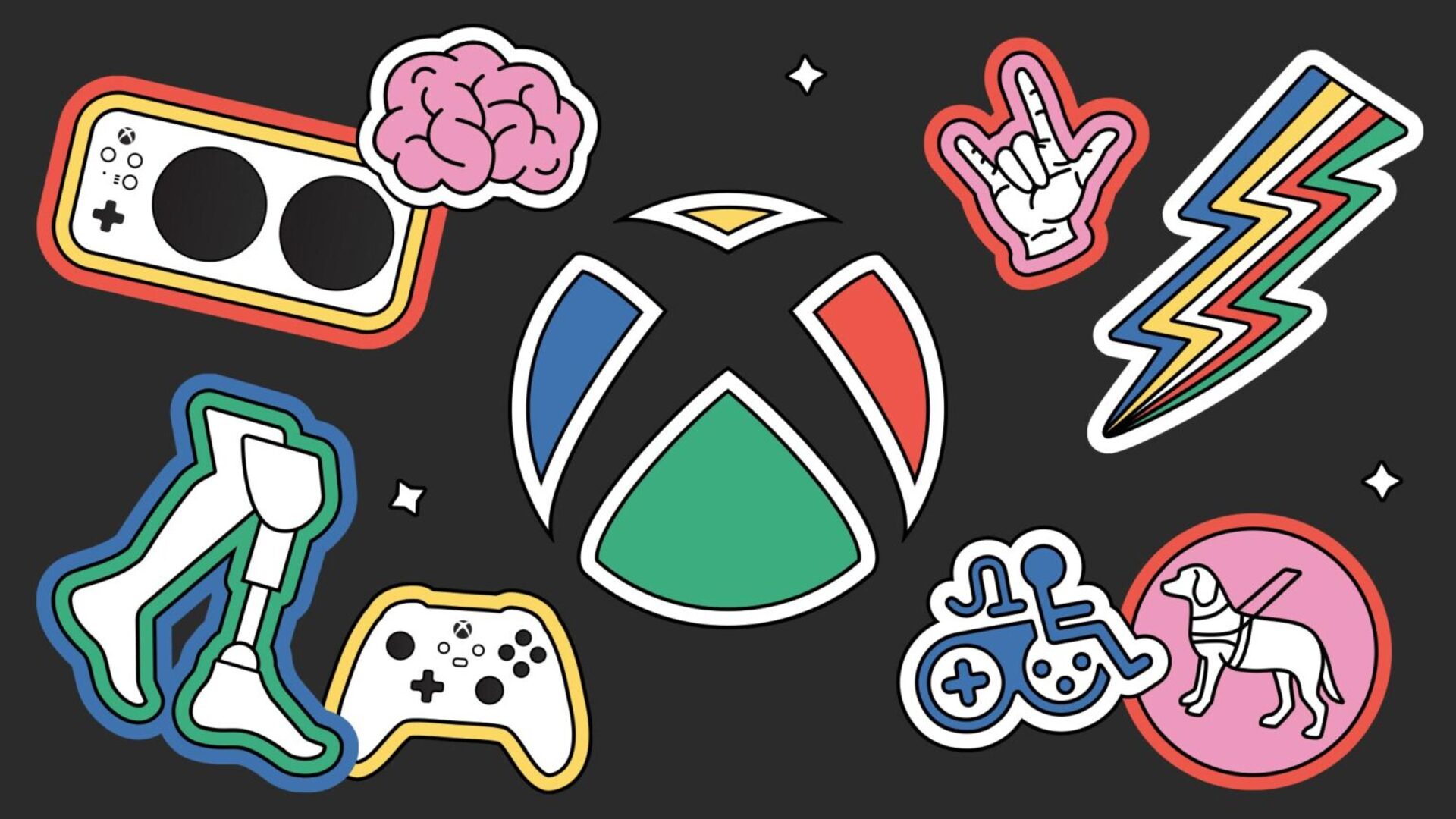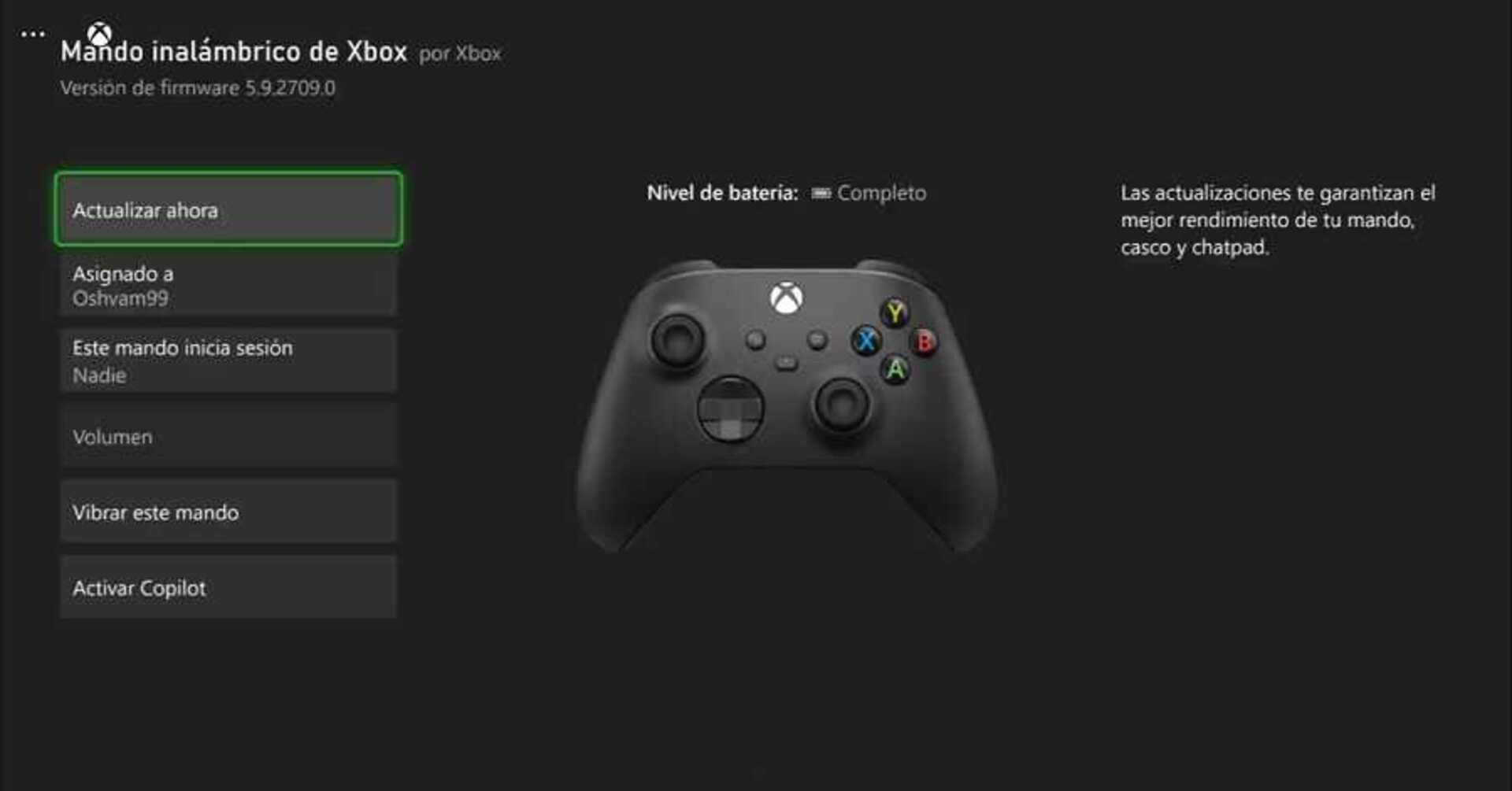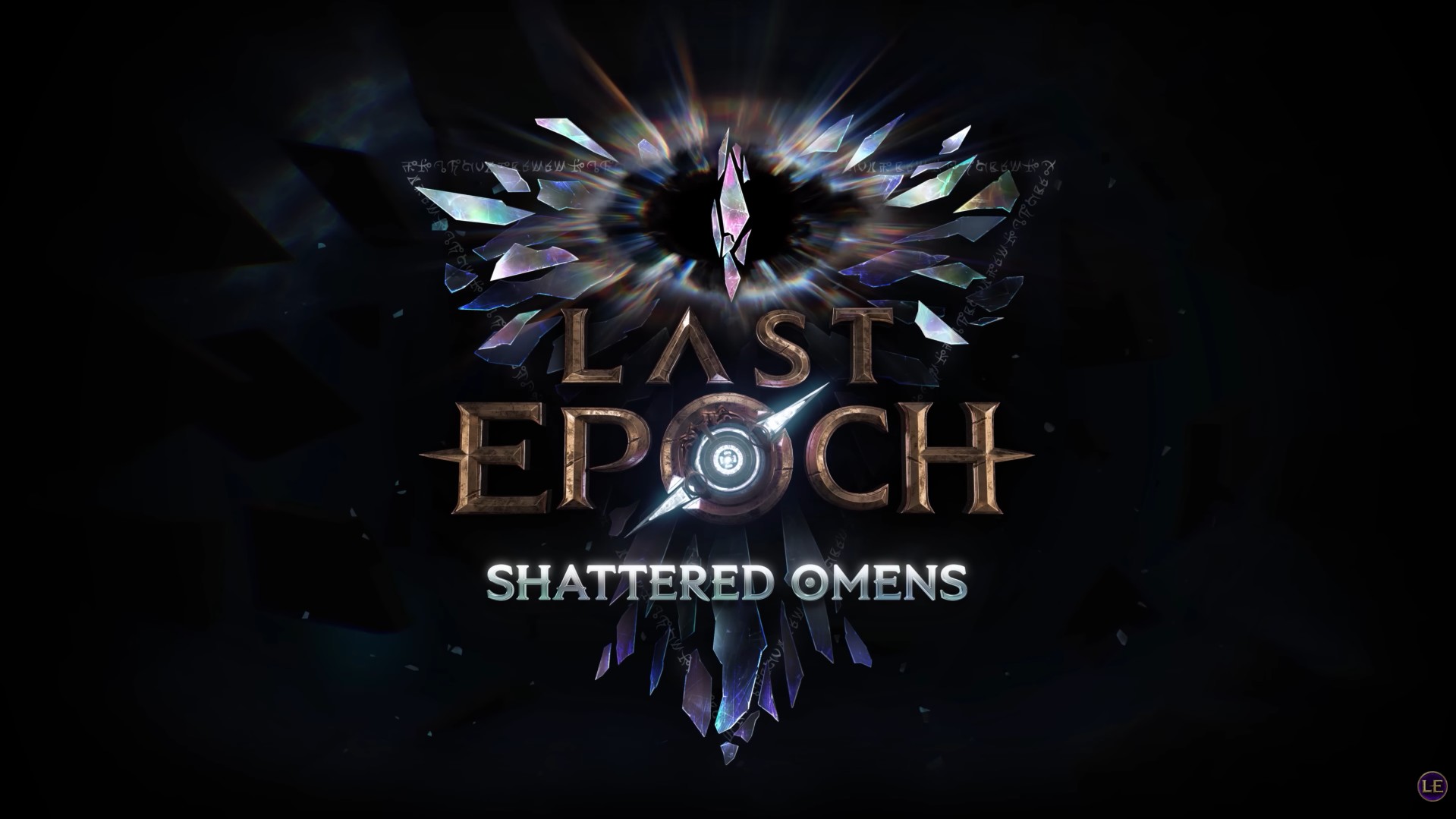An improvement designed for millions of players with disabilities to choose with more information and confidence.
More stories in the category Updates
- February Xbox Update: 1440p Console Streaming, ROG Xbox Ally Improvements and More
- Shrouded Sky revolutionizes ARC Raiders today with extreme weather and free skins
- Last Epoch continues to advance on PC and we already have a date for its fourth season of content
| Don't miss anything and follow us on Google News! |
Xbox has taken a key step towards full inclusion on its platforms. Starting today, the new accessibility tags of the Accessible Games Initiative are now integrated into all Xbox digital experiences: console, PC, mobile, and web. This move comes during Disability Pride Month and represents a new standard in how to communicate the accessible features of each game.
Designed in collaboration with companies like EA, Nintendo, Google, Ubisoft, and the ESA, these tags allow you to identify, before purchasing, if a game has options like customizable subtitles, single-joystick control, input adjustments, or adapted tutorials. The goal is clear: to empower the over 400 million gamers with disabilities worldwide to make informed decisions.
Xbox Extends New Accessibility Tags to Its Stores and Apps
From now on, any player can consult these tags in:
-
The Xbox Store on console
-
Xbox apps for PC and mobile
-
The official Xbox.com website
-
The “My games and apps” section
In total, over 4,000 accessible tags have been deployed across the catalog. Additionally, Xbox will continue to display some of its original tags when there is no equivalent in the new initiative, such as “Accessibility at Startup,” “Pausable,” or “Single-Joystick Gameplay.”
Brannon Zahand, Head of Technical Programs at Xbox, points out that this effort has taken over half a decade of joint work with the industry: “We don’t seek to compete, but to collaborate. Unifying under a common language benefits both players and developers.”
Steve Saylor, content creator and activist, highlights its practical importance: “With these tags, I can find games that suit my needs without risking buying something I won’t be able to play.”
- This commitment also makes it easier for smaller studios, who now have a clear starting point for implementing useful features. And, as Zahand emphasizes, it’s not about imposing: “These tags are entirely optional, but they serve as valuable guidance.”
In Saylor’s words, “Accessibility is no longer a mystery. Now there’s a common ground that allows us to move forward together.”






